When it comes to building and renovation projects, choosing the right type of screws for your brick is essential. Different screws are designed for different purposes, so it’s important to understand the differences between them and how to choose the best screws for brick. In this article, we’ll discuss what types of screws are best for brick, the benefits of using screws for brick, and which screws are best for brick walls, brick mortar, anchor screws, and masonry screws.
Table of Contents
Introduction to Choosing the Best Screws for Brick
When it comes to construction and renovation projects, choosing the right type of screws for your brick is essential. Different types of screws are designed for different purposes, so it’s important to understand the differences between them and how to choose the best screws for brick.
The right screws for brick can help you achieve a strong and secure structure. Screws provide superior strength and stability compared to nails and other fastening options. They also don’t require pre-drilling, which can help to speed up the building process.
When choosing the best screws for brick, there are many factors to consider, such as the type of brick, the size of the screws, the length of the screws, and the material of the screws. It’s important to understand the differences between the various types of screws and how to choose the best ones for your project.
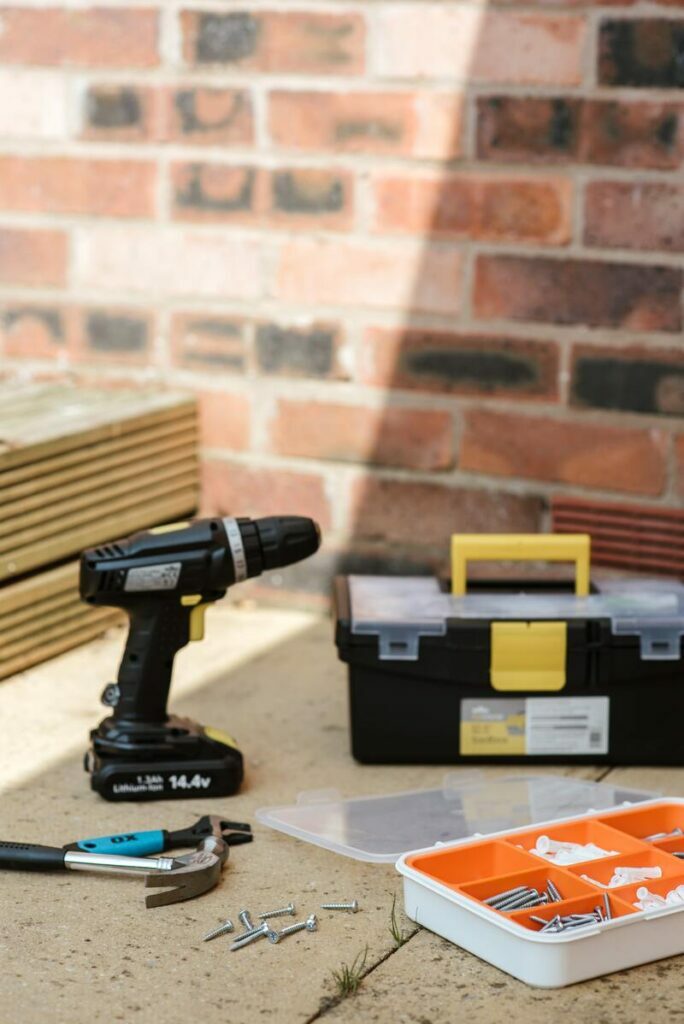
What Are the Different Types of Screws for Brick?
There are a variety of screws that can be used on brick, but they can generally be divided into three categories: self-tapping screws, masonry screws, and anchor screws. Each type of screw has its own advantages and disadvantages, so it’s important to know the differences between them.
Self-tapping screws are designed to create their own thread when they are inserted into a material. They are ideal for attaching bricks to other surfaces, as they are easy to install and provide a secure hold.
Masonry screws are designed to be used on brick and mortar. They have a better grip than self-tapping screws, so they are ideal for more demanding applications. Masonry screws also come with a variety of sizes and lengths, so you can find the perfect size for any project.
Anchor screws, also known as “toggle bolts”, are designed for heavier-duty applications. They are inserted into a hole drilled into the brick and then expanded with a special anchor to create a strong and secure hold.
You may also want to learn about what are fasteners and the types of metal fasteners.
What Are the Benefits of Using Screws for Brick?
There are many benefits to using screws for brick. One of the main benefits is that screws provide superior strength and stability compared to nails and other fastening options. They also don’t require pre-drilling, which can help to speed up the building process.
Screws also provide a more secure hold than nails, which can be beneficial in areas prone to seismic activity. Additionally, screws are less likely to be affected by weather and other elements, so they provide a longer-lasting solution.
Another benefit of using screws is that they are easy to remove. If you need to make adjustments or repairs, screws can be easily removed and replaced without damaging the surface.
How Do You Choose the Best Screws for Your Project?
When choosing the best screws for your project, there are several factors to consider. First, you need to determine the type of screw you need. Self-tapping screws are best for lighter-duty applications, while masonry screws and anchor screws are best for heavier-duty applications.
You also need to consider the size and length of the screws. The size of the screw should match the size of the hole it’s being inserted into, and the length of the screw should be appropriate for the thickness of the material being fastened.
Finally, you need to consider the material of the screws. Different types of screws are made from different materials, such as steel, brass, and stainless steel. Steel screws are the most common, but brass or stainless steel screws may be more appropriate for certain applications.
You may also want to read about concrete screws and self drilling concrete screws.
What Are the Best Screws for Brick Walls?
When it comes to brick walls, self-tapping screws are the best choice. Self-tapping screws are designed for light-duty applications, so they are perfect for attaching bricks to other surfaces. They are easy to install and provide a secure hold.
It’s important to choose the right size and length of the screws for your project. The size of the screw should match the size of the hole it’s being inserted into, and the length of the screw should be appropriate for the thickness of the material being fastened.
When choosing the material of the screws, steel screws are the most common option. However, brass or stainless steel screws may be more appropriate for certain applications.
What Are the Best Screws for Brick Mortar?
For brick mortar, masonry screws are the best choice. Masonry screws are designed for heavier-duty applications, so they are perfect for attaching bricks to mortar. They have a better grip than self-tapping screws, so they are ideal for more demanding applications.
When choosing the size and length of the screws, it’s important to consider the thickness of the brick and the depth of the mortar. The size of the screw should match the size of the hole it’s being inserted into, and the length of the screw should be appropriate for the thickness of the material being fastened.
Steel screws are the most common option for masonry screws, but brass or stainless steel screws may be more appropriate for certain applications.
What Are the Best Anchor Screws for Brick?
Anchor screws, also known as “toggle bolts”, are the best choice for heavier-duty applications. They are inserted into a hole drilled into the brick and then expanded with a special anchor to create a strong and secure hold.
When choosing anchor screws, it’s important to consider the size of the anchor and the material of the screws. The size of the anchor should match the size of the hole it’s being inserted into, and the material of the screws should be appropriate for the application.
Steel screws are the most common option, but brass or stainless steel screws may be more appropriate for certain applications.
What Are the Best Masonry Screws for Brick?
Masonry screws are the best choice for attaching bricks to mortar. Masonry screws are designed for heavier-duty applications, so they are perfect for this application. They have a better grip than self-tapping screws, so they are ideal for more demanding applications.
When choosing masonry screws, it’s important to consider the size and material of the screws. The size of the screw should match the size of the hole it’s being inserted into, and the material of the screws should be appropriate for the application.
Steel screws are the most common option, but brass or stainless steel screws may be more appropriate for certain applications.
What Screws Are Best for Brick?
The best screws for brick depend on the application. Self-tapping screws are best for lighter-duty applications, such as attaching bricks to other surfaces, while masonry screws and anchor screws are best for heavier-duty applications, such as attaching bricks to mortar.
It’s also important to consider the size and material of the screws. The size of the screw should match the size of the hole it’s being inserted into, and the material of the screws should be appropriate for the application. Steel screws are the most common option, but brass or stainless steel screws may be more appropriate for certain applications.
Conclusion
Choosing the best screws for brick is essential for any construction or renovation project. Different types of screws are designed for different purposes, so it’s important to understand the differences between them and how to choose the best screws for brick. Self-tapping screws are best for lighter-duty applications, while masonry screws and anchor screws are best for heavier-duty applications. It’s also important to consider the size and material of the screws. Steel screws are the most common option, but brass or stainless steel screws may be more appropriate for certain applications. With the right type of screws, you can achieve a strong and secure structure.
Disclaimer: This article is intended for informational purposes only and does not constitute professional advice. Always consult with a licensed contractor or construction professional for your specific needs.
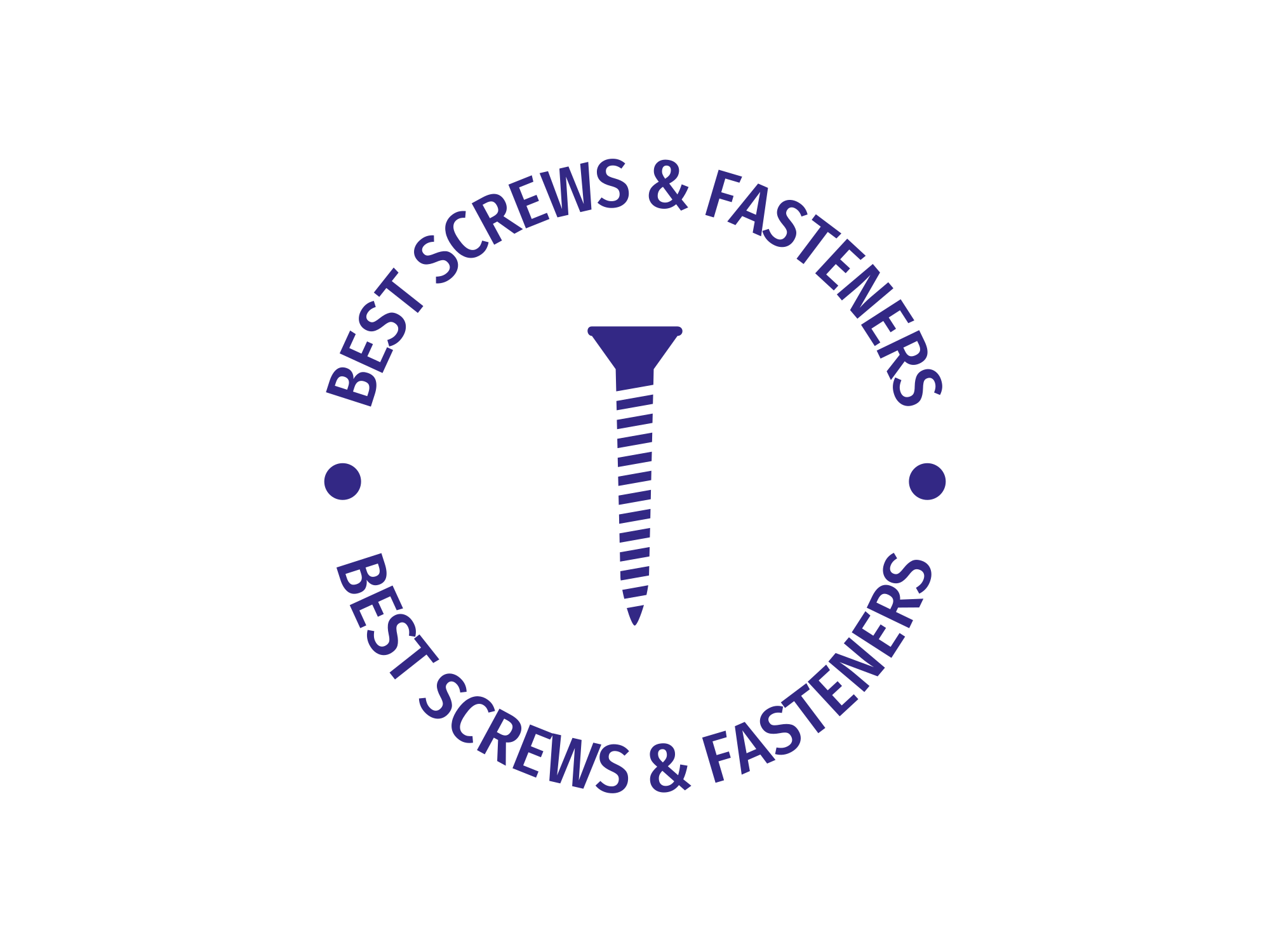
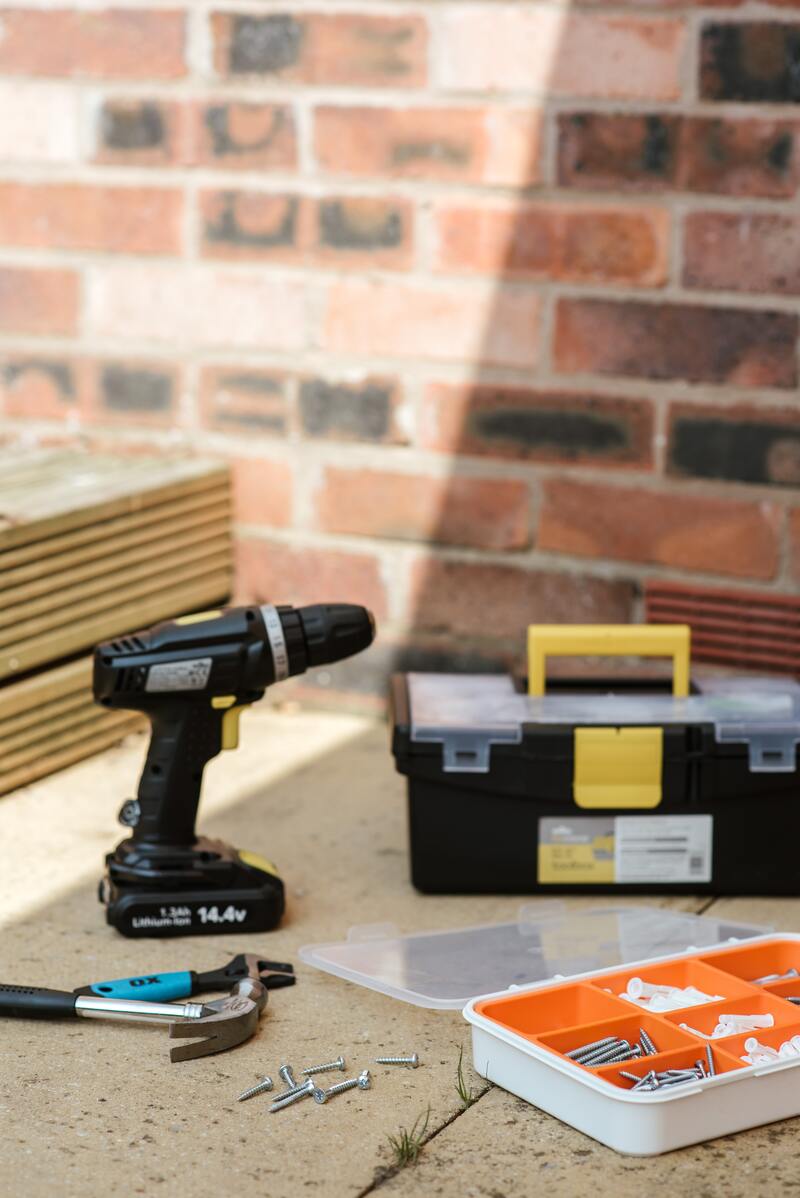
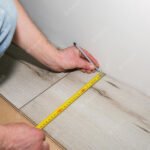
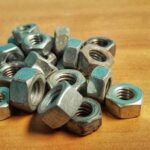
2 Comments